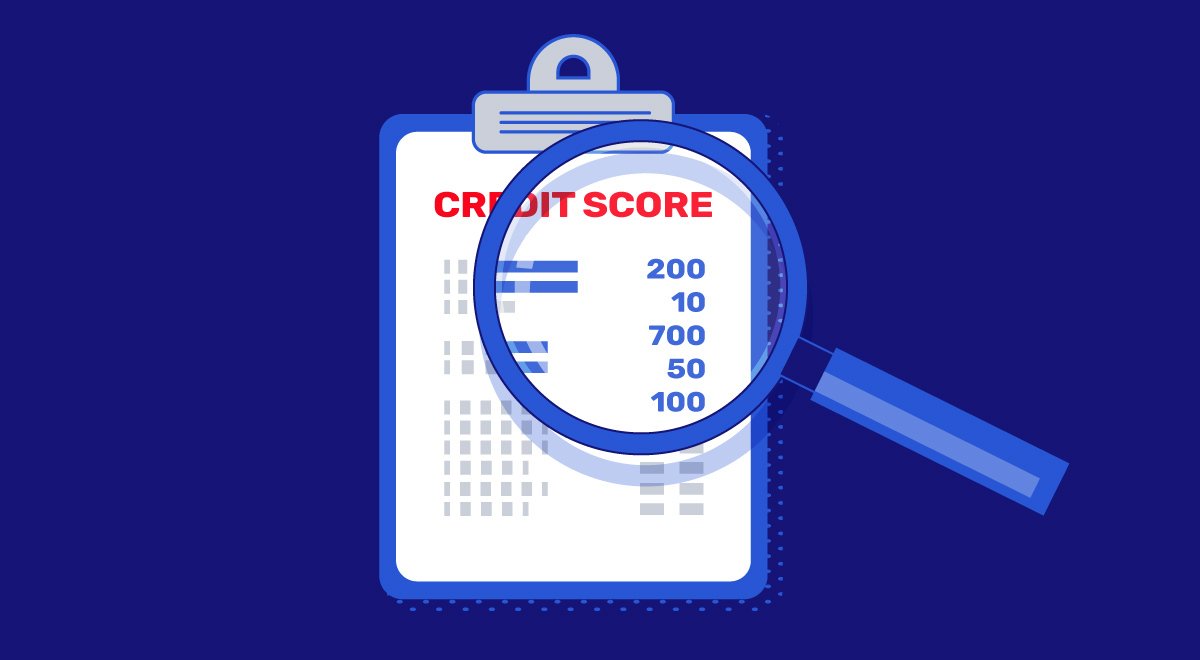If you applied for a loan before the 1980s, your lender would have to order your credit reports and then review each one of them line by line. This was not only time-consuming but meant a subjective opinion and left room for human error. In other words, two potential lenders could review the same credit reports but come to very different conclusions as to your credit worthiness.
Along came Fair Isaac
The company that was then known as Fair Isaac Corporation (now known as FICO) changed things dramatically when it created credit scoring. The short explanation of how this works is that FICO assigns points on the variables that make up a person’s credit report. It then uses statistical models that consider many different variables and combinations of variables – to ultimately yield one 3-digit number or credit score. Credit scoring quickly caught on with lenders for two reasons. First, it took all the subjectivity out of rating a person’s credit worthiness and second, it helped consumers get the credit they needed much faster.
How credit scoring works
No one but FICO knows precisely how its credit scoring works but it is known that your score is made up of five components.
- Payment history – or how you’ve used credit, which makes up 35% of your score
- Credit utilization – how much credit you’ve used vs. the amount you have available, which is 30% of your score
- Length of credit history – or how long you’ve had credit, which is 15% of your score
- Types of credit used – the different types of credit you’ve had such as credit cards and an auto loan, which makes up 10% of your credit score
- Recent searches for credit – or the number of times you’ve applied for credit, which equals 10% of your credit score.
If you’re interested in learning a bit more about these five components and why you should never close a credit card, be sure to watch this video.
Do the math
When you do the math, adding up your payment history and your credit utilization, you’ll get 65%. What this means is that the biggest factor in your credit score is how you’ve used credit, that is how good you’ve been about making your payments and how much of your credit you’ve used vs. the amount you have available. This is based on what’s called your debt-to-credit ratio. For example, suppose you have a total credit limit of $10,000 and have used up $3000 of it. In this case your debt-to-credit ratio would be 30%, which would be fairly acceptable. Any ratio higher than this would have a negative effect on your credit score.
The simple trick
Obviously there is very little you can do about your payment history because, after all, it is history. However, you could make a dramatic change in your debt-to-credit ratio, which might boost your credit score by as many as 30 to 40 points. There are two ways to do this. First, you could pay down some of your debt. As an example of this, suppose you had a debt-to-credit ratio of 50% because you had charged up $5000 against a total credit limit of $10,000. If you were able to pay down that $5000 to $3000, you would now have a debt-to-credit ratio of 30% and should see a nice boost in your credit score.
The second option
If there are reasons why you can’t pay down your debt, there is still a simple trick you could use to improve your debt-to-credit ratio. It’s to get your credit limits raised. This can be tough to do but if you have a good payment history with one or more of your credit card providers, you could contact them and ask for an increase in your credit limits. If you were able to get your total credit available raised to, say, $15,000 and owed the same $5,000, your debt-to-credit ratio would go down from 50% to 33%, which should produce a good jump in your credit score.
How to improve your payment history
We said earlier that there is very little you can do to change your payment history but it’s possible you could improve it. First, you would need to get your credit reports from Experian, Equifax and TransUnion. They are required by law to provide you with your credit report free once a year. You could call or write each of these companies and request your credit report or go to the site www.annualcreditreport.com and get all three simultaneously. Then second, you would need to go over your reports very carefully looking for negative items such as.
- Late payments
- Defaults
- Collection accounts
- Foreclosures
- Liens
Look for errors
It’s possible that there may be negative item on one of your credit reports that’s an error. If so, you need to immediately dispute it. The way you do this is by writing a letter to the relevant credit bureau, along with whatever documentation you have that would support your claim. You should also send a copy of your letter and documentation to the institution that provided the erroneous information. Once the credit bureau receives your letter, it is required to contact the company that provided the information and ask for it to be verified. In the event the company cannot do this or doesn’t respond within 30 days, the credit bureau must remove it from your credit report.
What this could accomplish
If you were able to get one of these negative items removed from your credit report, you should see an immediate increase in your credit score. As an example of this, many experts believe that one late payment could drop your score by his many as 60 points. If you were able to get that late payment removed from your credit reports, you should almost instantly see a 60-point bump, which could take you from having “average” credit to “good” credit.








